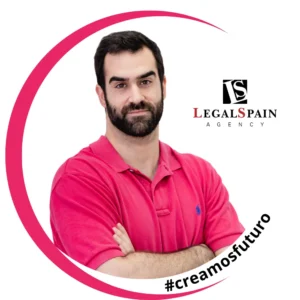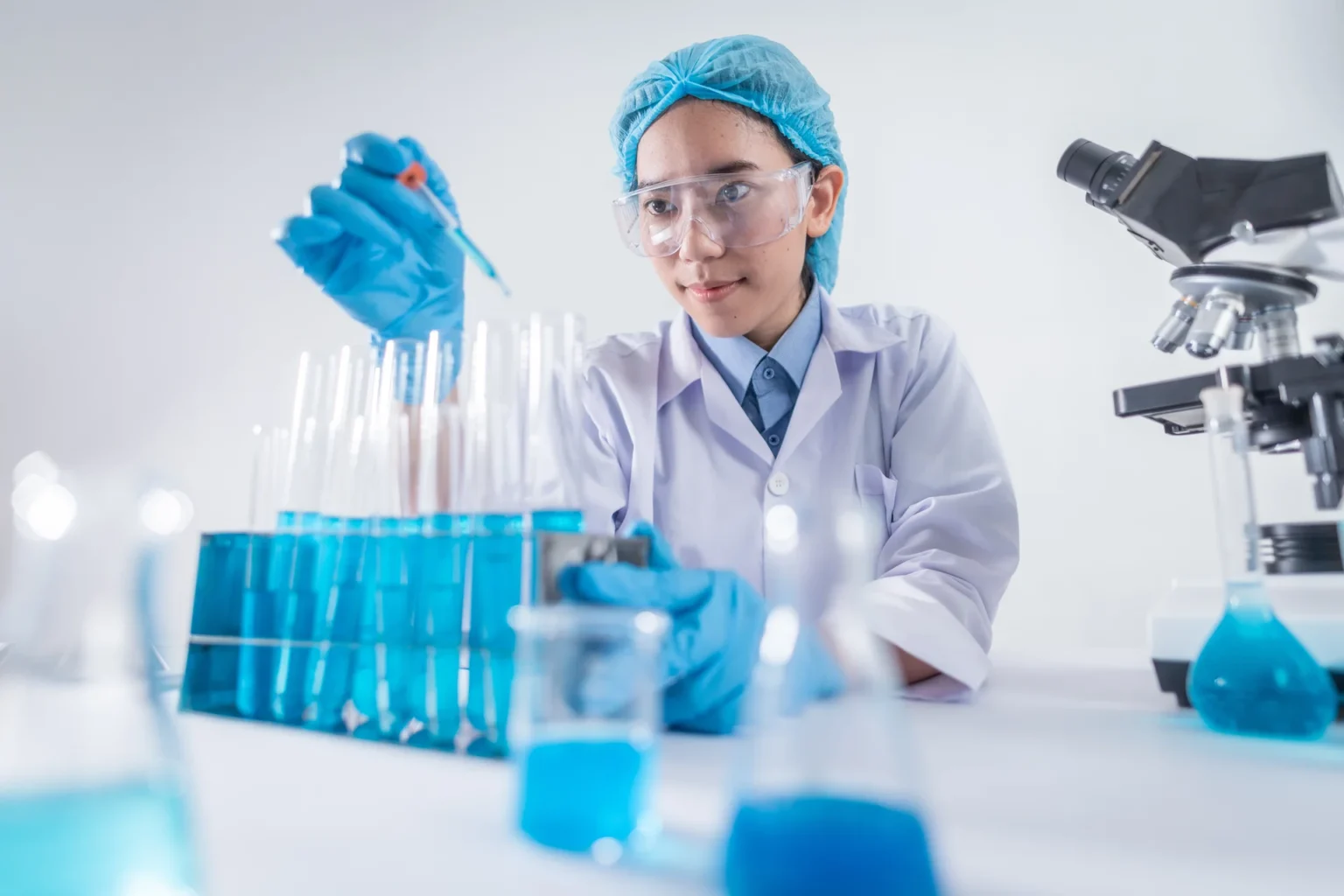This post will try to answer the following question: Is it worth doing a PhD? The post consists of an extract of 10 questions from the transcript of an interview with a doctoral student: Juan Diego Díaz.
Juan Diego is focused on cancer epigenetics research and his laboratory has made important advances in the field. We are excited to have the opportunity to speak with him and learn more about his work and his experience at Memorial Sloan Kettering Cancer Center in New York.
Is it worth doing a PhD? It may be that the question is very typical, but surely there are many people asking it right now.
J.D. In my opinion, yes, it is worth pursuing a PhD. The truth is that doing a PhD is very demanding and can have disastrous consequences for mental health. It is common to accumulate wear. However, I consider that I have a research vocation and that is essential to face the moments that may be critical during this stage.
How do you stay motivated during your research work and PhD?
J.D. To stay motivated during research work and PhD, it is important to have a passion for the research topic and a clear understanding of how research results can have a positive impact on society. I like to think that our findings have the potential to improve the lives of many people. It can also be helpful to have the support of a network of friends and colleagues who share the same interests and goals.
Tell us a little about your PhD: What is your PhD research topic?
J.D. My PhD research focuses on the epigenetics of cancer and how changes in gene expression at the epigenetic level can contribute to the development and progression of cancer. I am interested in how we can use this information to develop new therapies and treatments for different types of cancer.
What exactly is epigenetics?
J.D. Epigenetics is the study of how gene expression patterns can be modified without altering the DNA sequence of a gene. Epigenetic changes can be caused by external factors, such as the environment or lifestyle, and can have a significant impact on the functioning of genes and on the development and health of an organism.
Epigenetic changes can manifest in different ways, such as modification of nucleotide methylations in DNA or modification of DNA-binding proteins. These changes can control the activity of genes and therefore influence the development and function of cells and tissues.
What made you choose Memorial Sloan Kettering Cancer Center to do your PhD?
J.D. This institution is a reference center in cancer research and I had always wanted to participate in research that could improve the understanding of cancer and the ability to act on different cancer diseases. I was lucky enough to finish my master’s degree here, I collaborated with a laboratory at the Memorial Sloan Kettering Cancer Center and as they say: one thing led to another.
What has been the most difficult part of your PhD experience so far?
J.D. Undoubtedly, the most difficult part of my PhD experience has been balancing research work with academic and personal obligations. A PhD is a huge commitment of time and effort, and sometimes it can be hard to find the time for everything.
What are the main difficulties you have faced in your research on the epigenetics of cancer?
J.D. One of the main difficulties in the investigation of cancer epigenetics is the complexity of the process. Cancer is a complex disease that can affect many different types of cells and tissues and can be caused by a wide variety of factors. Cancer epigenetics involves the study of how changes in gene expression at the epigenetic level can contribute to the development and progression of cancer, and it can be difficult to understand how these changes affect cells and the body as a whole.
What important advances has your laboratory made in the field of cancer epigenetics and how have these discoveries been applied in clinical practice?
J.D. My advice to someone interested in cancer research and epigenetics is to be consistent and stay up to date on the latest advances in science and discoveries. You must work day to day and you must have a passion for science.
What is your next step in your professional career and how do you hope to apply what you have learned during your PhD in your future work?
J.D. My next step in my professional career is to further expand the scope of my research through collaboration with other scientists in the field of cancer epigenetics. I hope to apply what I have learned during my PhD to help advance science and ultimately improve the lives of cancer patients.




